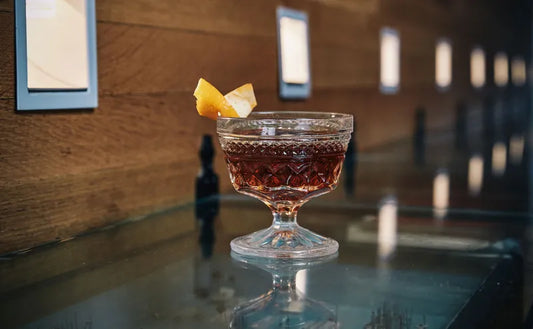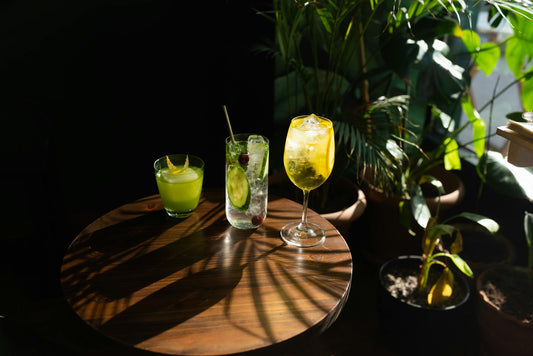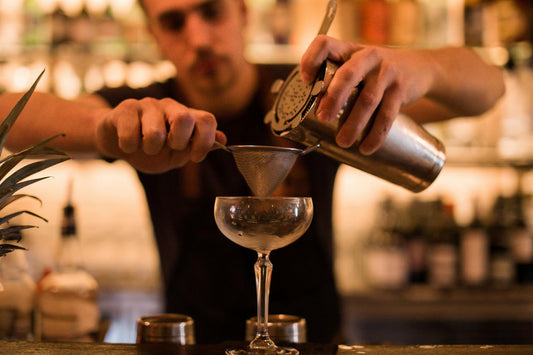Genever Collins: A Refreshing Twist on the Classic Cocktail
SWEET to SOUR
(1-10)
STRENGTH
(1-10)
CALORIES
STANDARD
DRINKS
Note: these values are approximate and may vary dependent on the ingredients and brands you use.
More information...
The Genever Collins is a delightful twist on the classic Tom Collins, showcasing the unique flavors of genever, a traditional Dutch spirit that is often considered the precursor to gin. This cocktail is not only refreshing but also offers a glimpse into the rich history of genever, which has been enjoyed for centuries. The Genever Collins is a perfect drink for those who appreciate a balance of sweetness and tartness, making it an ideal choice for warm weather or any occasion that calls for a light and invigorating beverage.
To craft a Genever Collins, you start with 60 ml of Rutte Old Simon Genever, a brand known for its high-quality, artisanal genever. This particular genever is characterized by its malty flavor profile, which comes from the use of malt wine, and it often has a more complex taste than standard gin. The addition of 25 ml of freshly squeezed lemon juice brings a bright acidity that cuts through the richness of the genever, creating a harmonious balance. The recipe also calls for 15 ml of rich sugar syrup, made from a 2:1 ratio of sugar to water, which adds a touch of sweetness to the drink, enhancing its overall flavor without overpowering the other ingredients.
The preparation of the Genever Collins is straightforward yet satisfying. In a shaker, you combine the genever, lemon juice, and sugar syrup, filling it with ice before shaking vigorously. This step is crucial as it not only chills the mixture but also helps to blend the flavors together. After shaking, the cocktail is strained into a glass filled with ice, and topped with 50 ml of Thomas Henry Soda Water, which adds a refreshing effervescence. A gentle stir ensures that the soda water is evenly distributed throughout the drink, and a garnish can be added for visual appeal, such as a lemon wheel or a sprig of mint.
With an alcohol content of 10.3% by volume, the Genever Collins is a moderate drink, making it suitable for social gatherings where you want to enjoy a few cocktails without feeling overwhelmed. Each serving contains approximately 210 calories, which is relatively low compared to many other cocktails, making it a more health-conscious choice for those watching their caloric intake.
The taste profile of the Genever Collins is a delightful journey from sweet to sour. The initial sip offers a sweet burst from the sugar syrup, followed by the tartness of the lemon juice, and finally, the earthy, malty notes of the genever come through, leaving a refreshing finish thanks to the soda water. This cocktail is not just a drink; it’s an experience that invites you to savor each component.
In a world where cocktails often lean heavily on spirits like vodka or rum, the Genever Collins stands out as a tribute to the heritage of genever. It’s a drink that encourages exploration and appreciation of traditional spirits, making it a perfect choice for cocktail enthusiasts looking to expand their palate. Whether enjoyed on a sunny patio or at a cozy bar, the Genever Collins is sure to impress and refresh, embodying the spirit of conviviality and good times.



